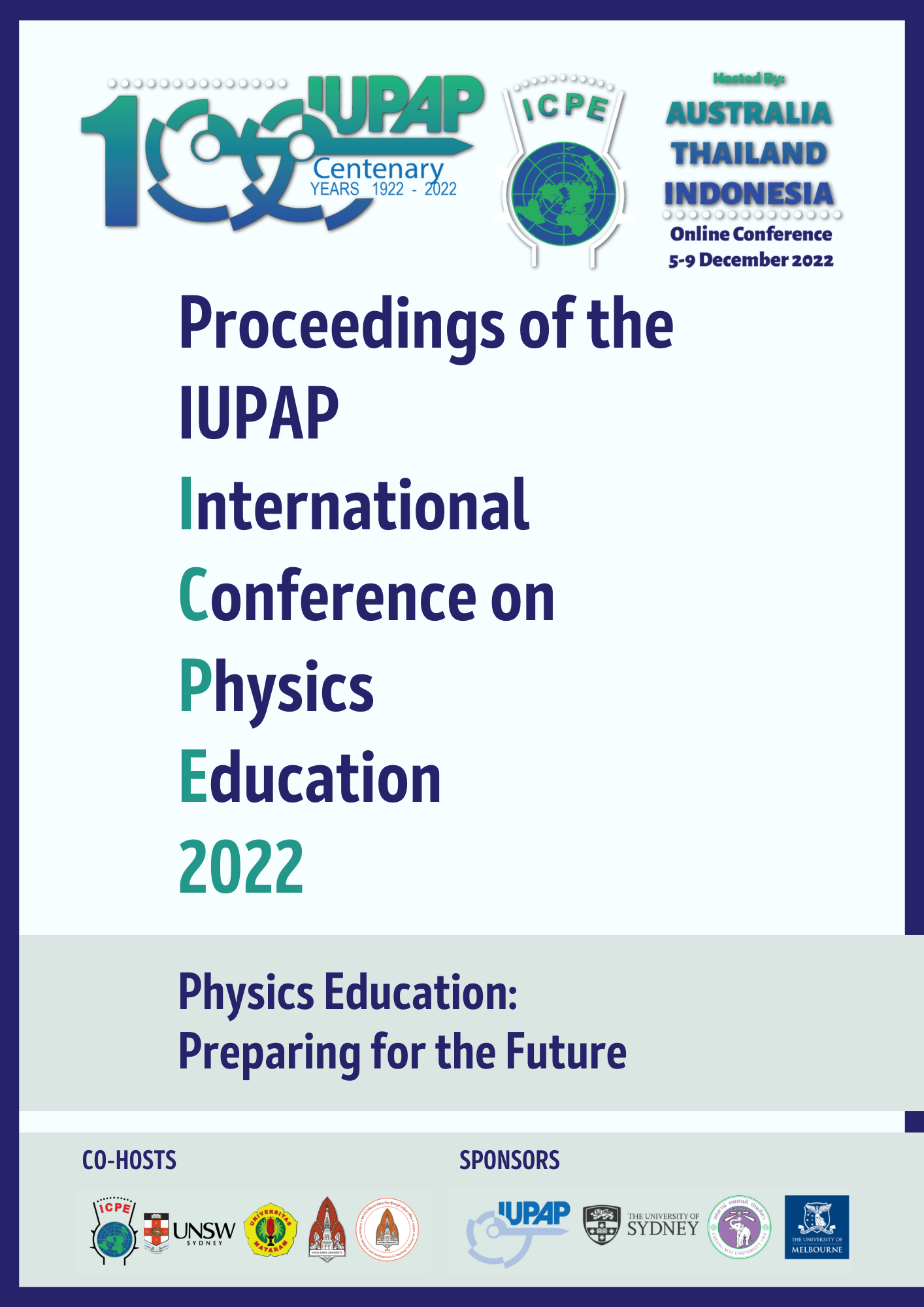Facilitating thinking and learning in and beyond the physics classrooms using research-based approaches
Abstract
I will discuss, using my research in physics education, how research can be used as a guide to develop curricula and pedagogies to reduce student difficulties, and for making physics equitable and inclusive. I will also discuss innovations in teaching and learning methods for physics after the new normal, using my research conducted during emergency remote teaching and lessons learned that can be valuable for innovation in teaching and learning going forward. My research has focused on improving student understanding of introductory and advanced concepts. We are developing research-validated learning tools such as tutorials and peer instruction tools that actively engage students in the learning process. I will discuss how we evaluate the effectiveness of these tools using a variety of methodologies and then describe our research studies that provide guidelines for how to enhance physics by making it inclusive. Finally, I will discuss how a field-tested short intervention was implemented at the beginning of a physics course and how it improved the performance of underrepresented students in introductory physics classes compared to the comparison group.
Downloads
Published
Issue
Section
License
Authors who publish with the Proceedings of the International Conference on Physics Education 2022 agree to the following terms:
a) Authors retain copyright and grant the journal right of first publication with the work simultaneously licensed under a Creative Commons Attribution License (https://creativecommons.org/licenses/by/4.0/) that allows others to share the work with an acknowledgement of the work's authorship and initial publication in this journal.
b) Authors are able to enter into separate, additional contractual arrangements for the non-exclusive distribution of the journal's published version of the work (e.g., post it to an institutional repository or publish it in a book), with an acknowledgement of its initial publication in this journal.
c) Authors are permitted and encouraged to post their work online (e.g., in institutional repositories or on their website) prior to and during the submission process, as it can lead to productive exchanges, as well as earlier and greater citation of published work (See The Effect of Open Access - http://opcit.eprints.org/oacitation-biblio.html).
Privacy Statement The names and email addresses entered in the Proceedings of the International Conference on Physics Education 2022 site will be used exclusively for the stated purposes of this journal and will not be made available for any other purpose or to any other party.
